What is a Stop-Limit Order?
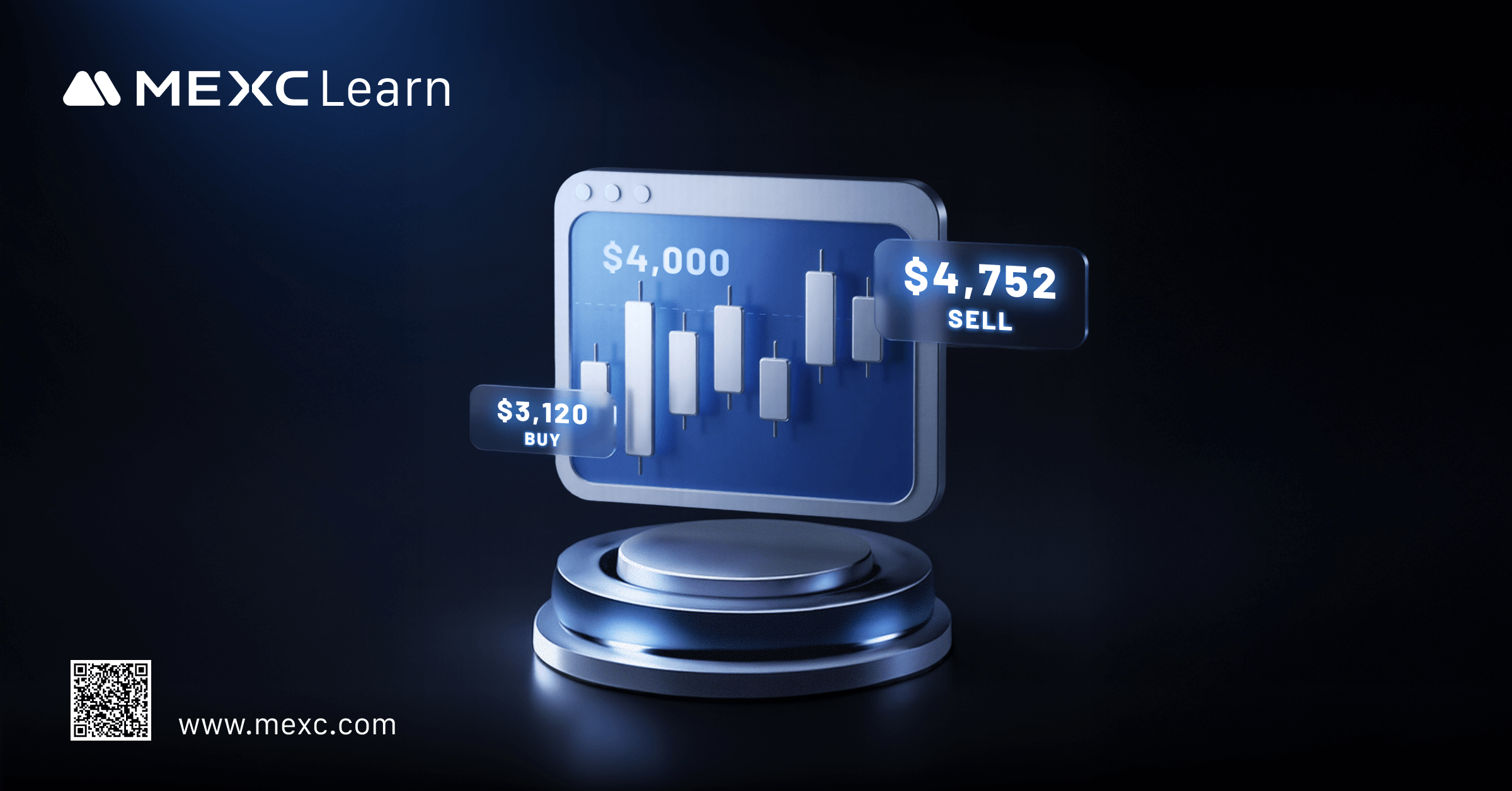
1. What is a Stop-Limit Order?
1.1 Key Parameters
1.2 Example: Understanding Stop-Limit Orders
- If BTC breaks above 119,000 USDT, it could signal an upward trend.
- If BTC falls below 117,000 USDT, it would confirm a bearish signal.
1.3 Stop-Limit Orders vs. Limit Orders
Limit Order | Stop-Limit Order | |
Definition | You set a desired buy or sell price, and the system will only execute when the market price reaches that level. | You set a trigger price that, once reached, automatically places a limit order. |
Trigger Condition | Order is placed immediately and waits until the market price reaches the set price. | Order is activated only when the market price reaches the trigger price. |
Trigger Mechanism | No | Yes (requires both a trigger price and a limit price) |
Settlement Method | Placed directly into the order book and waits for settlement. | Remains inactive until triggered, then enters the order book as a limit order. |
Use Case | Buy/sell at your desired price. | Automatically take profit or stop loss when the market reaches a key price level. |
Risk Control Function | Weak: Mainly for static order placement. | Strong: Commonly used for strategic take-profit/stop-loss to avoid missing critical market moves. |
2. Four Key Advantages of Stop-Limit Orders
2.1 Secure Profits: Plan Ahead
2.2 Control Risk: Protect Capital
2.3 Enable Automated Trading: Reduce Emotional Interference
2.4 Reduce the Need for Constant Monitoring
3. How to Set a Stop-Limit Order on MEXC?
3.1 Placing an Order
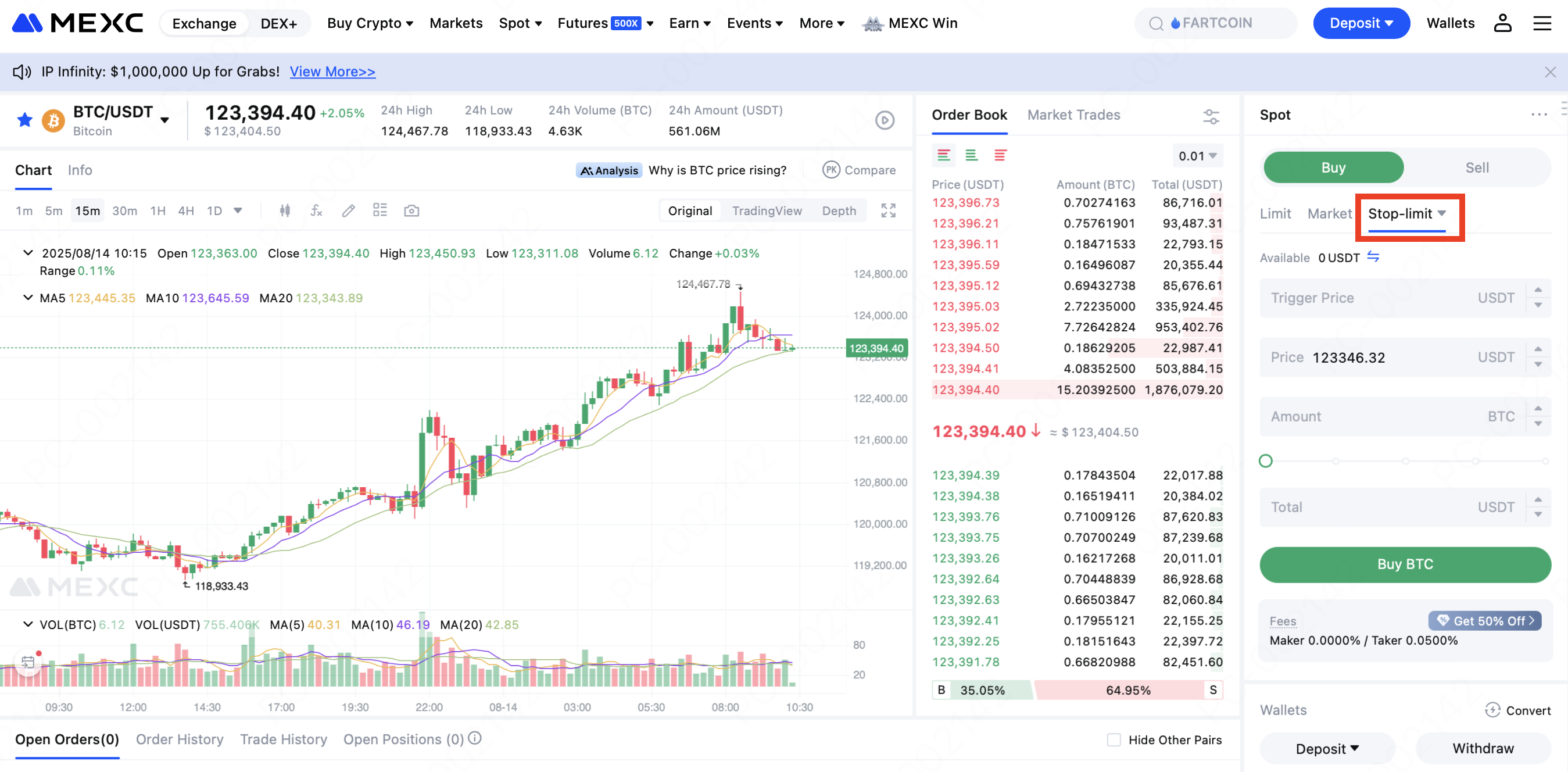
3.2 View Orders
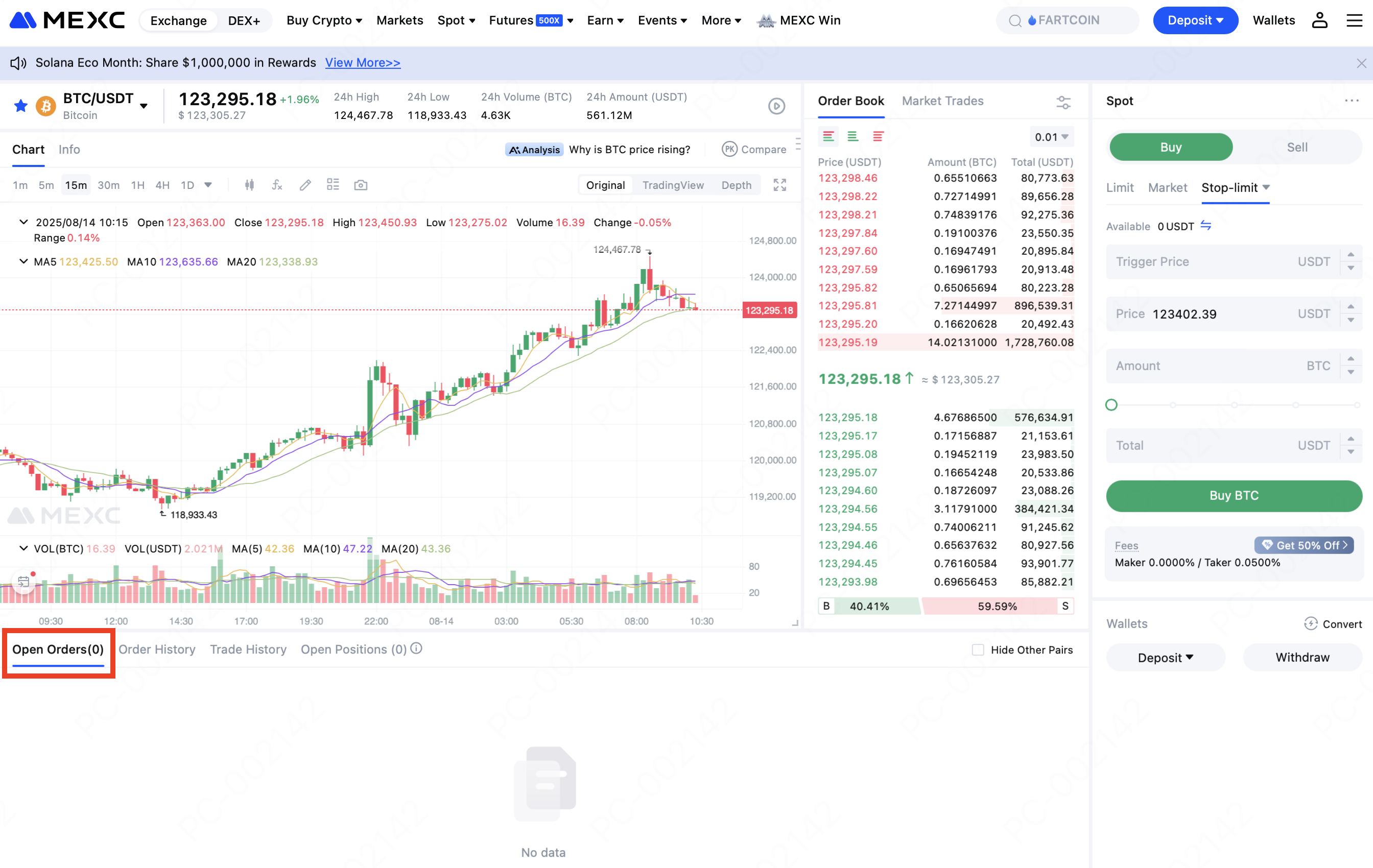
3.3 View Order History
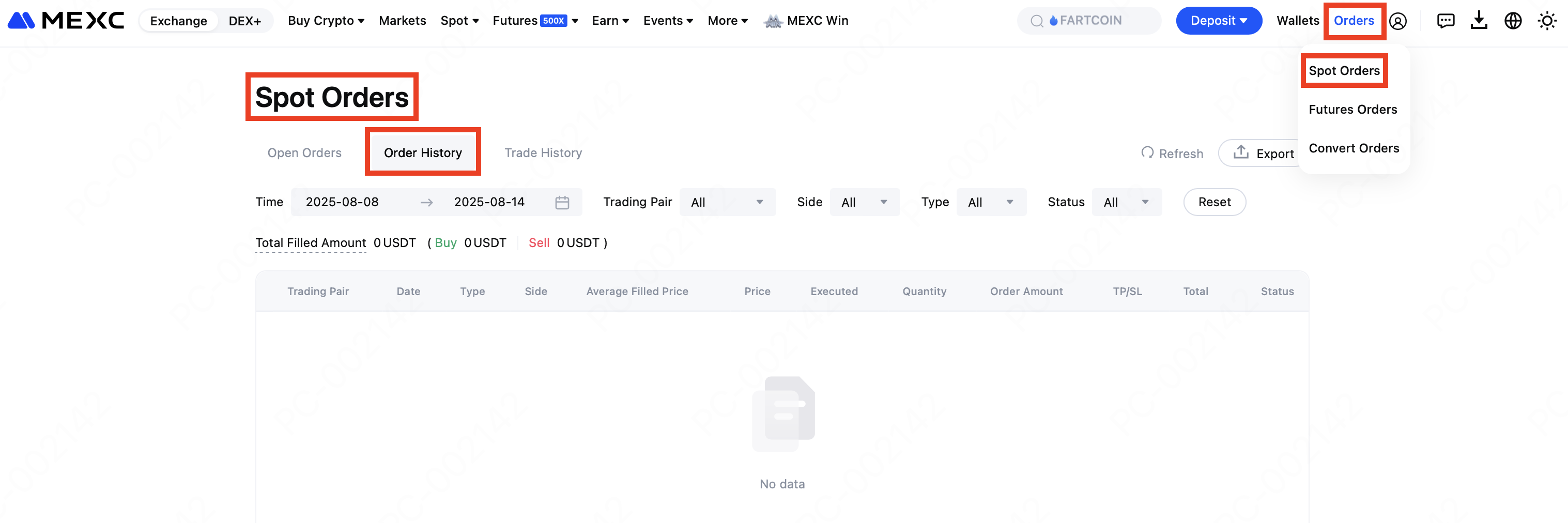
4. Tips for Using Stop-Limit Orders
5. Conclusion
Recommended Reading:
- Why Choose MEXC Futures? Gain deeper insight into the advantages and unique features of MEXC Futures to help you stay ahead in the market.
- MEXC Futures Trading Tutorial (App) Understand the full process of trading Futures on the app and get started with ease.
Popular Articles
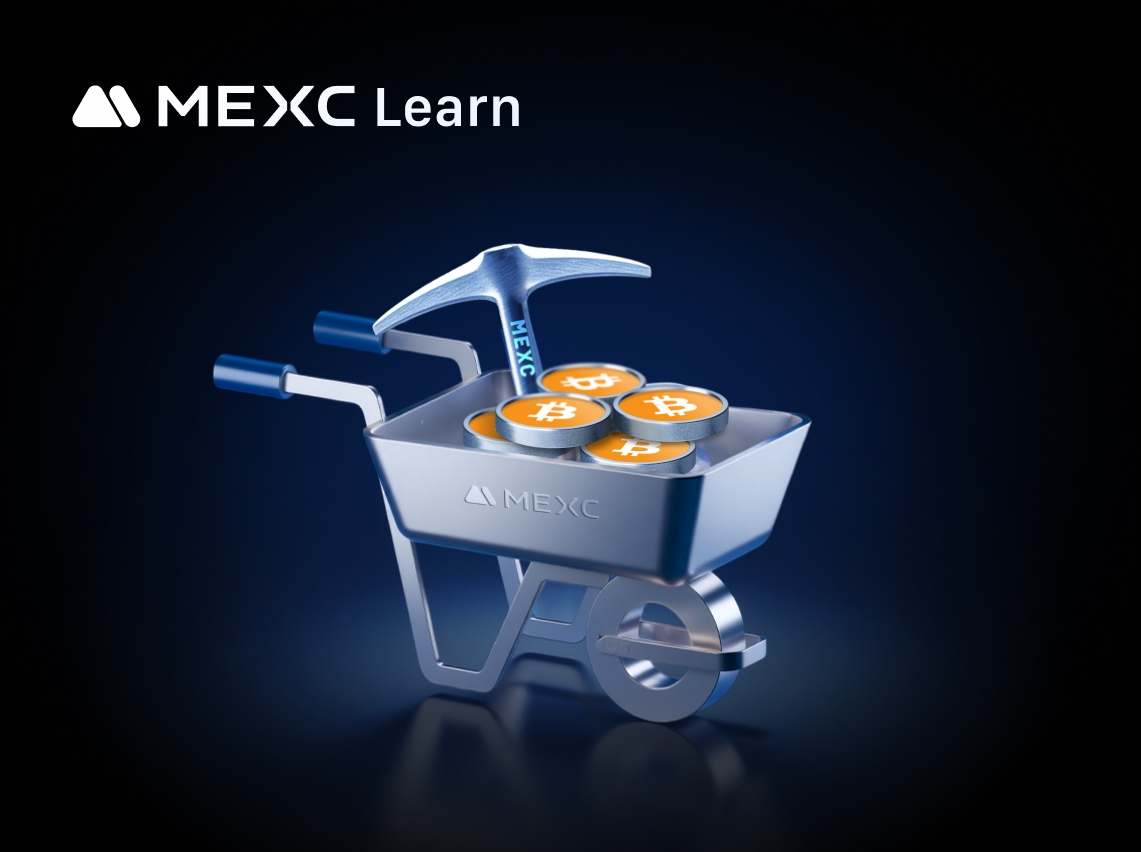
What is Bitcoin Mining? How to Mine Bitcoin for Beginners
Imagine digging for gold in the digital world, where your computer becomes a powerful mining machine working around the clock to uncover valuable treasure. Bitcoin mining transforms your hardware into

What is KGeN (KGEN)? Complete Guide to the Gaming Token Revolutionizing Player Rewards
In the rapidly evolving world of blockchain gaming, finding projects that genuinely solve real problems can be challenging. KGeN (Kratos Gamer Network) stands out as a decentralized gaming network des

What is Everlyn AI (LYN)? A Complete Guide to the First Open-Source Video AI Protocol and LYN Token
The convergence of artificial intelligence and blockchain technology has reached a pivotal moment with Everlyn AI, a groundbreaking project that's reshaping how we interact with digital content and au
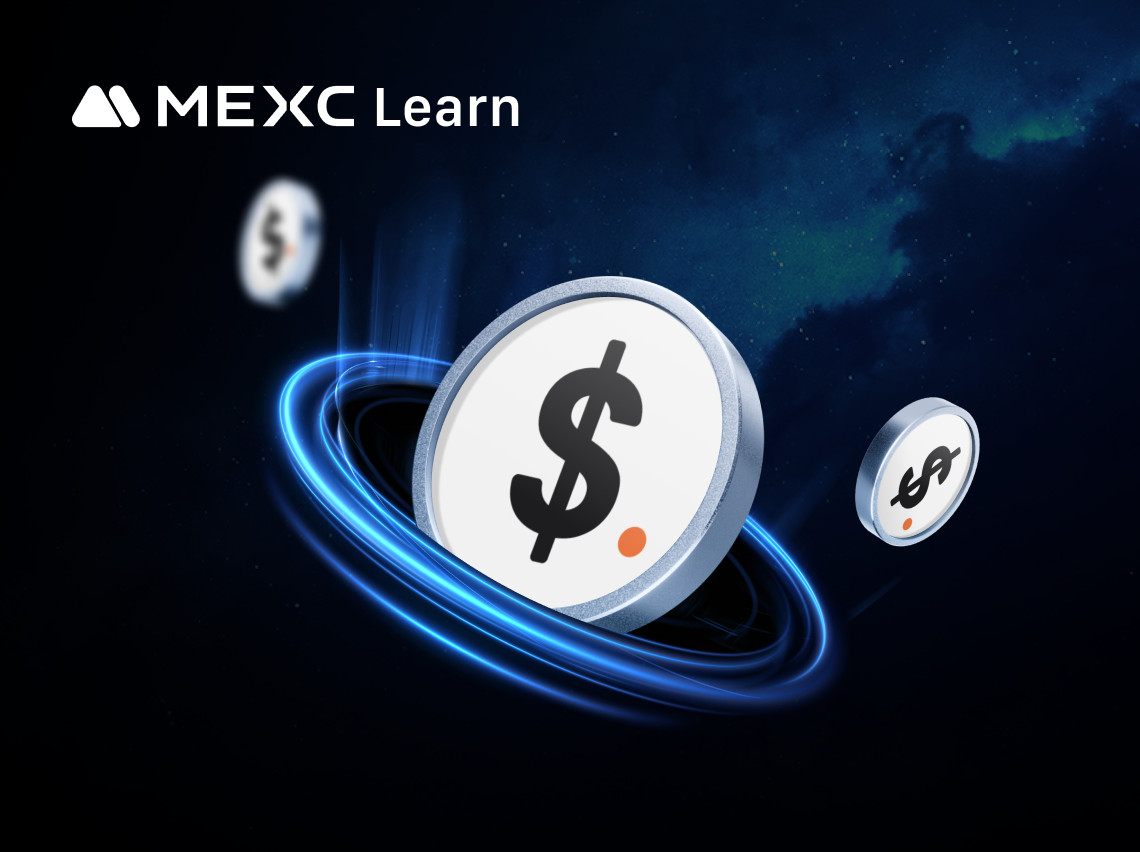
What is USDf? A Quick Guide to Falcon Finance's Innovative Stablecoin Mechanism
TL;DRUSDf is an overcollateralized synthetic dollar built on Ethereum, with a current circulating supply of about 1.899 billion and a market rank of #202.USDf supports both stablecoin and non-stableco
Hot Crypto Updates
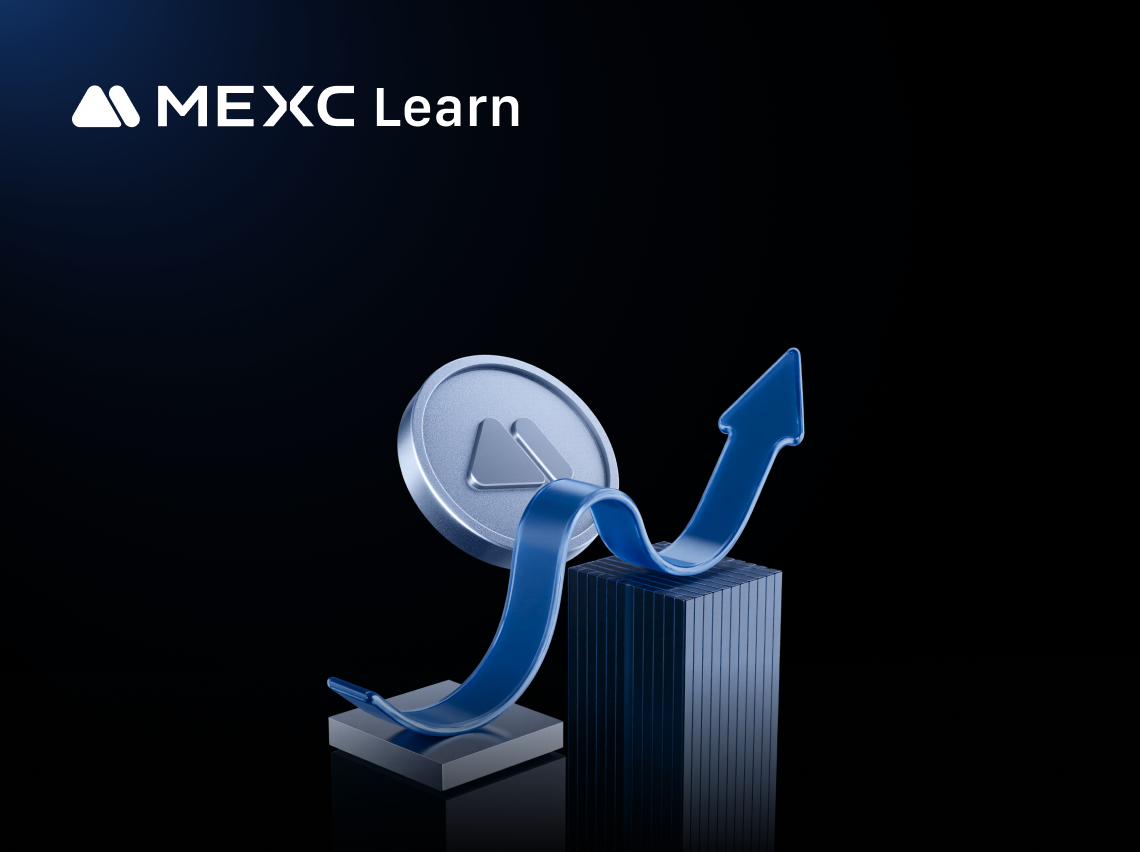
Trust The Process (TRUST) vs Traditional Finance: Regulatory Battle
Understanding the Fundamental ConflictTrust The Process (TRUST) challenges traditional financial regulatory frameworks by leveraging blockchain technology to create a transparent, decentralized ecosys
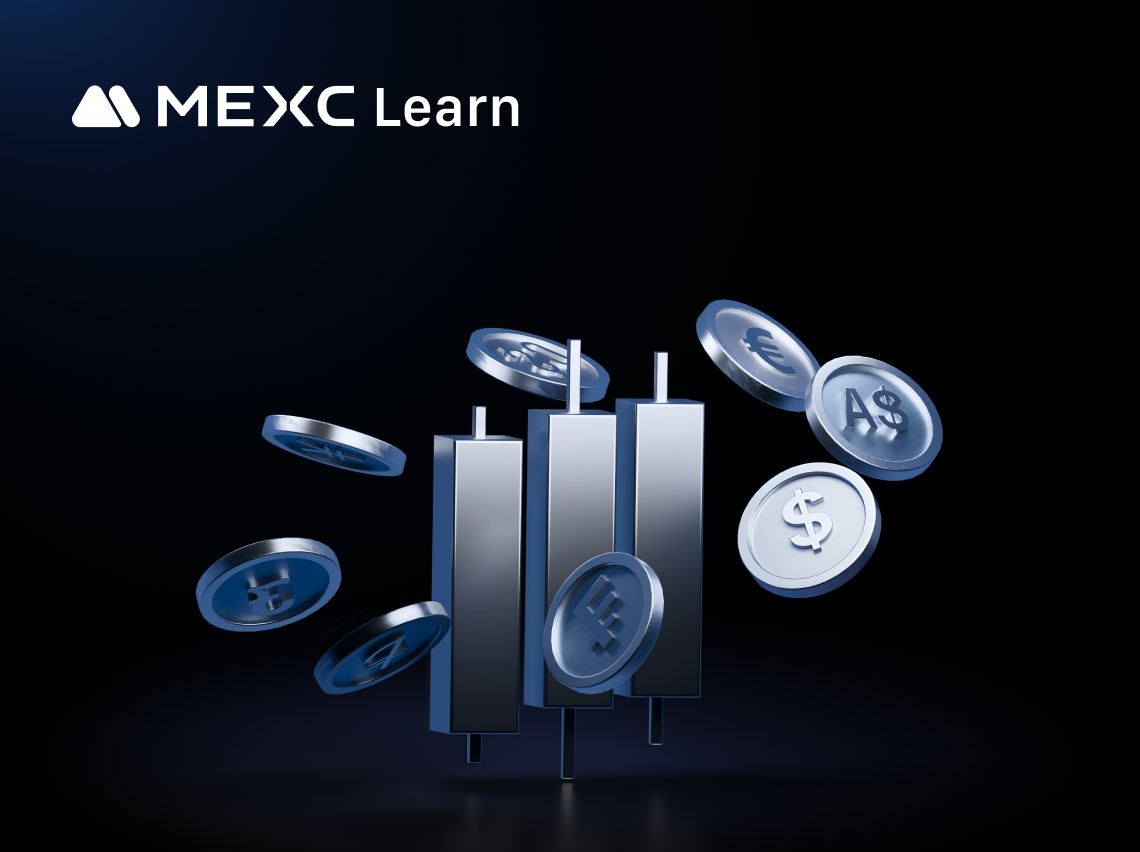
Future of Trust The Process (TRUST) Regulation: Trends to Watch
Introduction to Trust The Process (TRUST) Regulation and EvolutionThe regulatory landscape for Trust The Process (TRUST) is currently in a state of rapid development, with major financial hubs such as
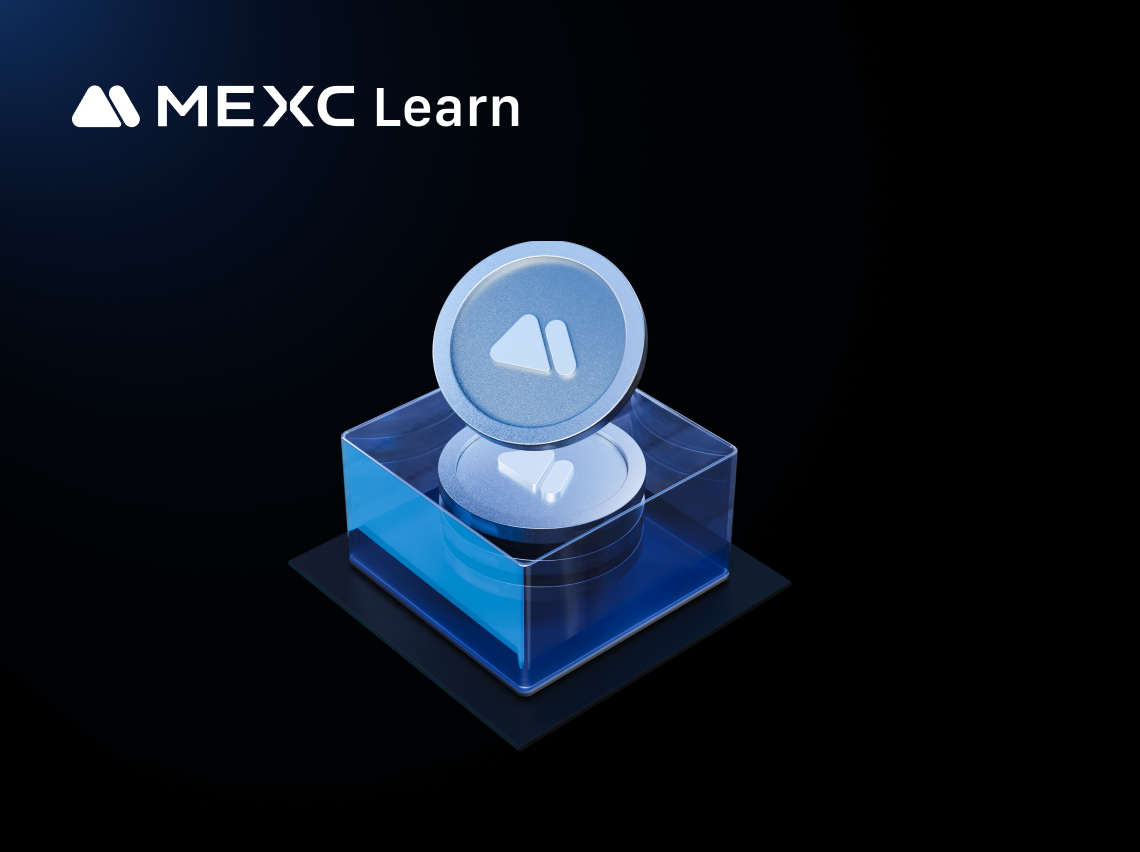
Trust The Process (TRUST) vs Bitcoin/Altcoins: Correlation Trading Guide
What is Market Correlation in Cryptocurrency?Market correlation in cryptocurrency refers to the statistical measure of how two or more digital assets move in relation to each other. Understanding this
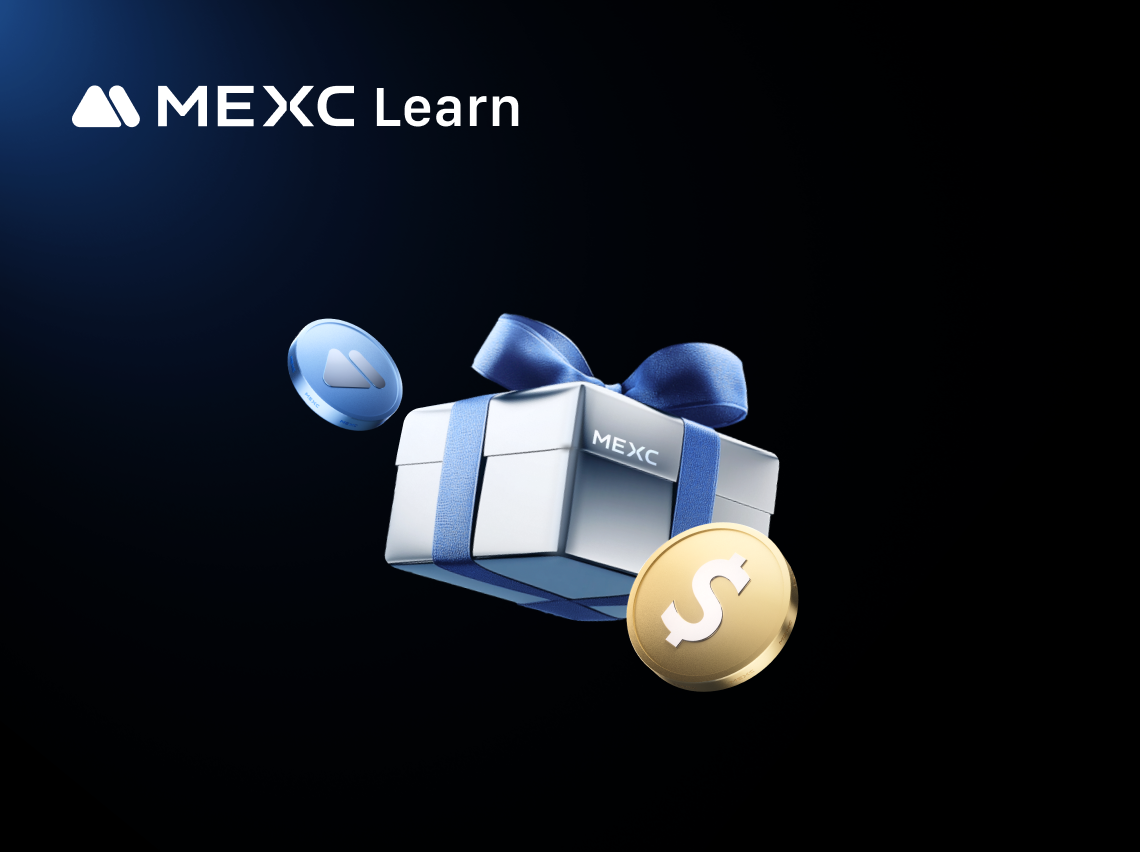
How Global Economy Affects Trust The Process (TRUST): Trader's Guide
Understanding the Relationship Between Macro-Economic Factors and Trust The Process (TRUST)In today's interconnected global economy, Trust The Process (TRUST) has emerged as a utility token designed t
Trending News
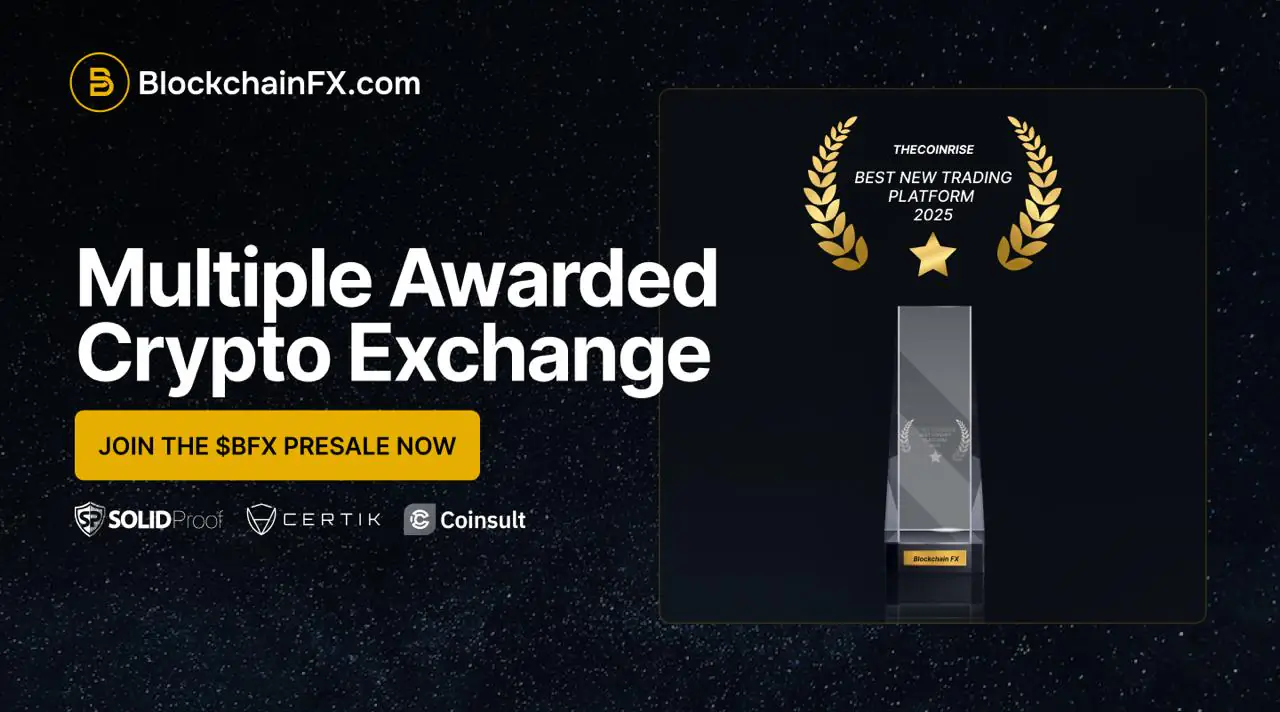
3 Top Crypto Presale Opportunities in 2025 That Could Shake Up the Next Bull Market
Investors gain early access to tokens at their lowest prices and often enjoy exclusive rewards. For those positioned correctly, presales […] The post 3 Top Crypto Presale Opportunities in 2025 That Co

SharpLink’s ETH Treasury Nears $1B in Unrealized Gains
The post SharpLink’s ETH Treasury Nears $1B in Unrealized Gains appeared on BitcoinEthereumNews.com. SharpLink Gaming’s Ether holdings surged in value as the cryptocurrency climbed nearly 4.5% in the

Best Crypto to Buy Now 7 October – XRP, Plasma, Bittensor
Bitcoin has recorded fresh highs as flows have rotated into altcoins and Best Crypto picks like XRP, Plasma, and Bittensor. Policy developments and ETF milestones have supported sentiment, while a maj

Litecoin, HBAR and more crypto ETFs ‘at the goal line’ as shutdown sits in the backdrop, analysts say
A new filing for an ETF tracking HBAR has revealed key details that analysts say signal it's inching closer to receiving the SEC's sign-off.
Related Articles

What is Spot Trading in Crypto? Complete MEXC Guide for Beginners
Cryptocurrency trading is typically divided into two categories: spot trading and futures trading. Spot trading is the act of buying or selling digital assets on the market, referring to the exchange

What is Pre-Market Trading?
1. What is Pre-Market Trading?Pre-market trading is an OTC (Over-The-Counter) service provided by MEXC that allows traders to buy and sell new tokens before they are officially listed on the cryptocur

What is MEXC Convert?
MEXC Convert is an exclusive feature that enables users to quickly exchange assets between different cryptocurrencies without the need for traditional order books, order placements, or matching proces
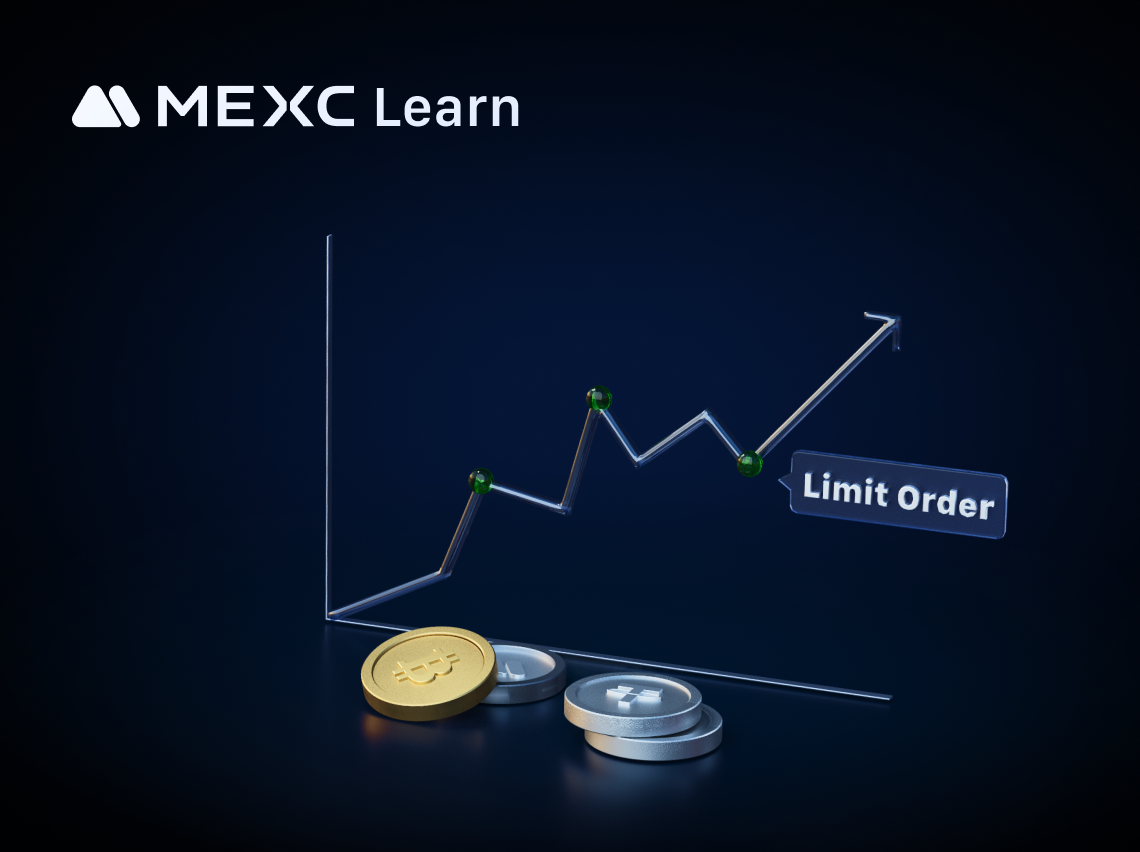
What is a Limit Order?
In the cryptocurrency market, limit orders serve as a critical trading mechanism, enabling investors to exercise precise control over the execution price of their trades.1. What Is Limit Order?1.1 Def
